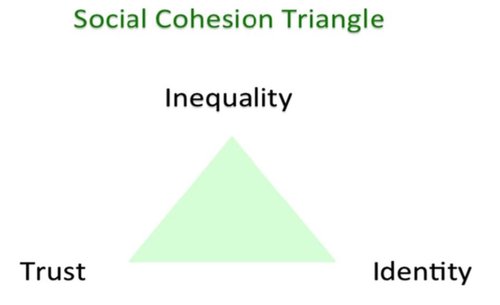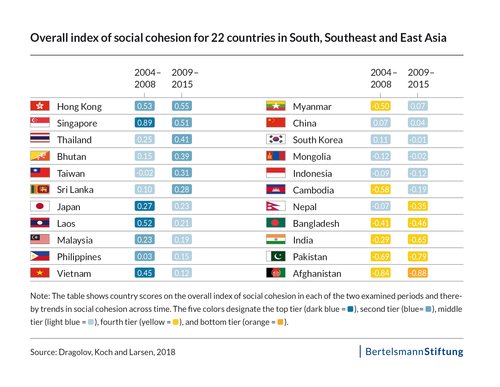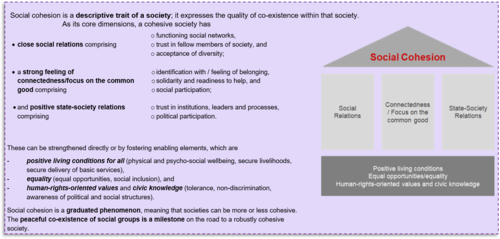Social cohesion, social trust, social participation and sexual behaviors of adolescents in rural Tanzania
Key facts
Participation
Summary
Background: Social cohesion, defined as a glue holding society together, has been found to influence severalaspects of human behavior. Social cohesion, being composed of social trust and social participation, is a socialfactor that may influence sexual behaviors. Unfortunately, studies investigating the influence of social cohesion onsexual behaviors among young people are scarce. This study examined the influence of social cohesion on safesexual behavior among adolescents in rural Tanzania.
Methods: A cross-sectional study was conducted among 403 school adolescents of the Newala district, betweenMay and August 2010. Socio-demographic characteristics, social cohesion (social trust and social participation) andsexual behavior (age at sexual debut, intention to use and reported condom use, number of sexual partners) wereobtained through self-administered questionnaires. Data analysis was performed using descriptive statistics andbinary logistic regression.
Results: Sexual debut at under 13 years of age was reported by 12% of the respondent. A majority (71%) reportedmultiple sexual partnerships and half of the participants reported to have used a condom at their last sexual encounter.The intention to use a condom was reported by 77% of the respondents. Having multiple sexual partnerships wasassociated with social trust only (odds ratio: 3.5, 95% CI 1.01–12.3) whereas reported condom use was related withsocial cohesion (odds ratio 4.8 95% CI 1.66–14.06). Social cohesion, trust or participation was not associated with youngage at sexual debut or intention to use a condom. Being a female (odds ratio 2.07 95% CI 1.04–4.12.) was associatedwith intention to use a condom.
Conclusion: This study indicates that social cohesion and socio-demographic factors influence actual behaviorperformance and behavioral intentions. The findings point to the importance of collecting more evidence on socialcohesion and sexual behaviors in different settings and designing interventions that enhance social cohesion amongadolescents in order to reinforce positive sexual behaviors.





